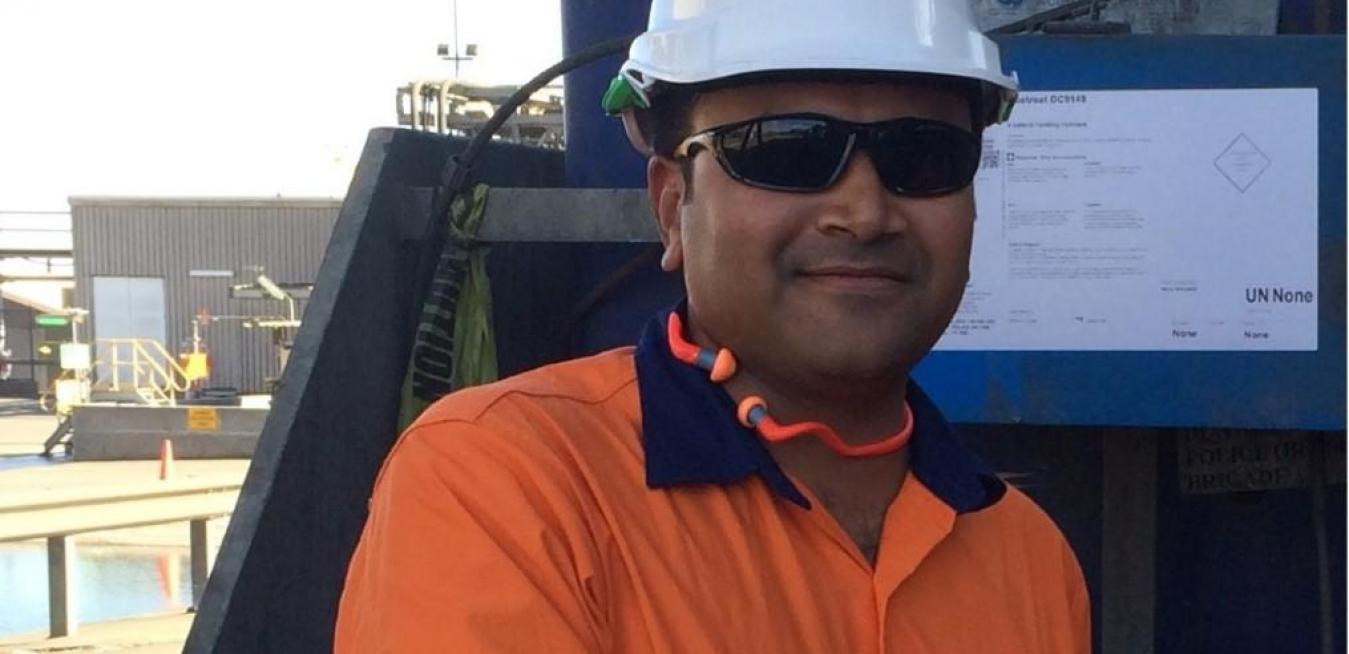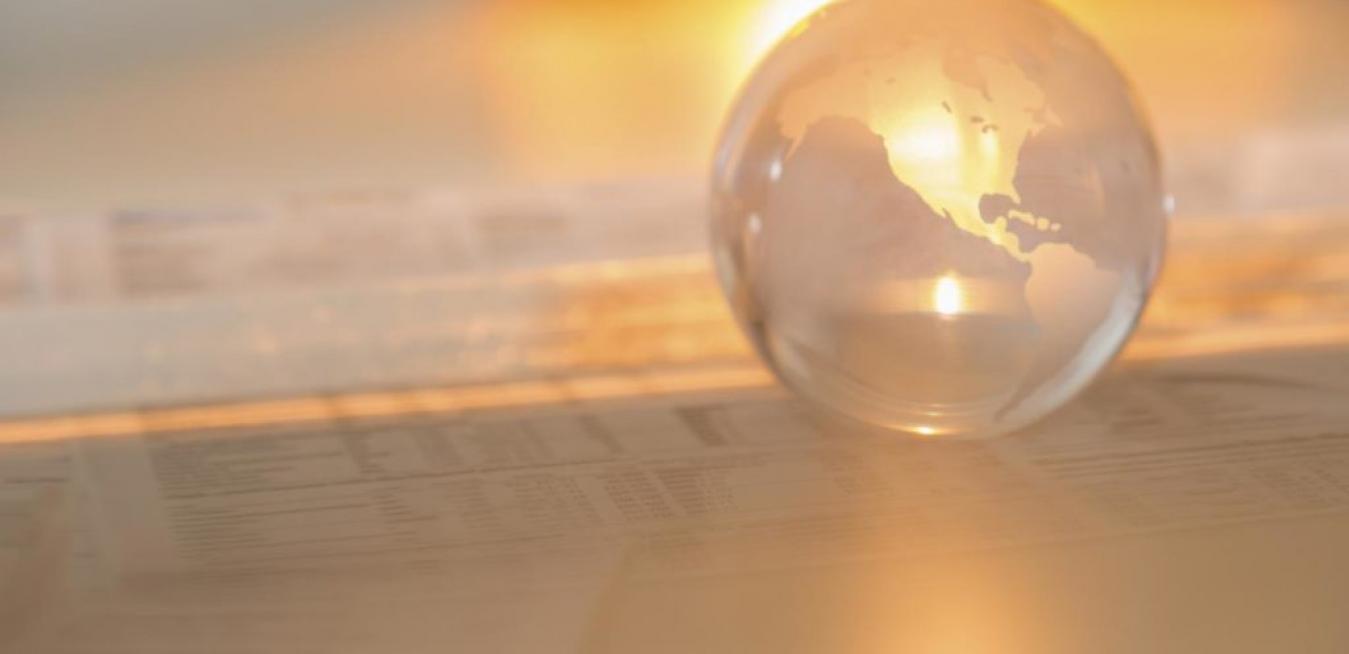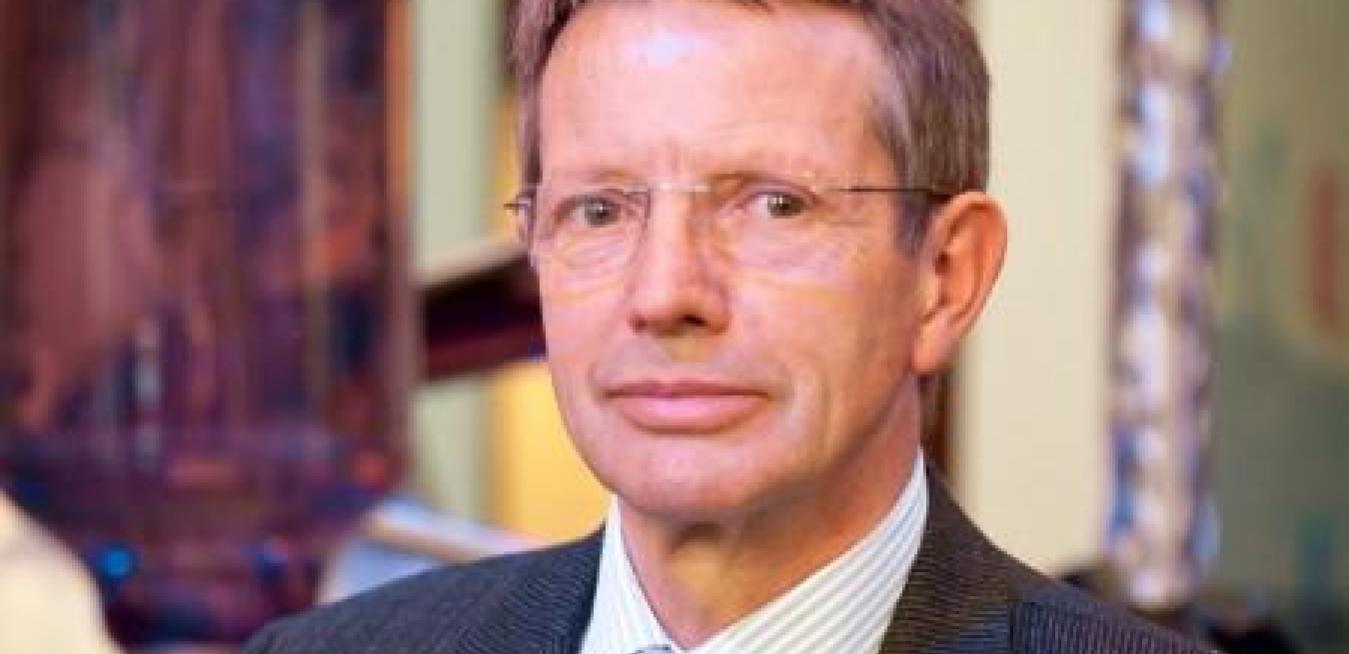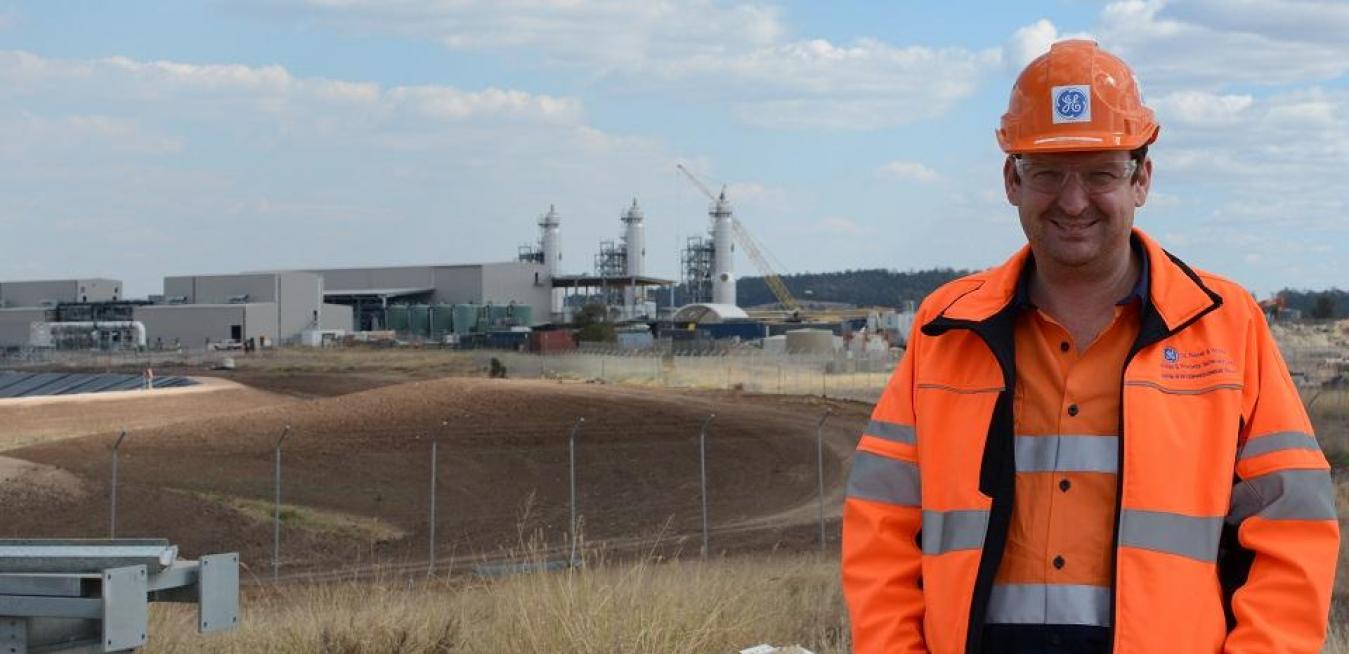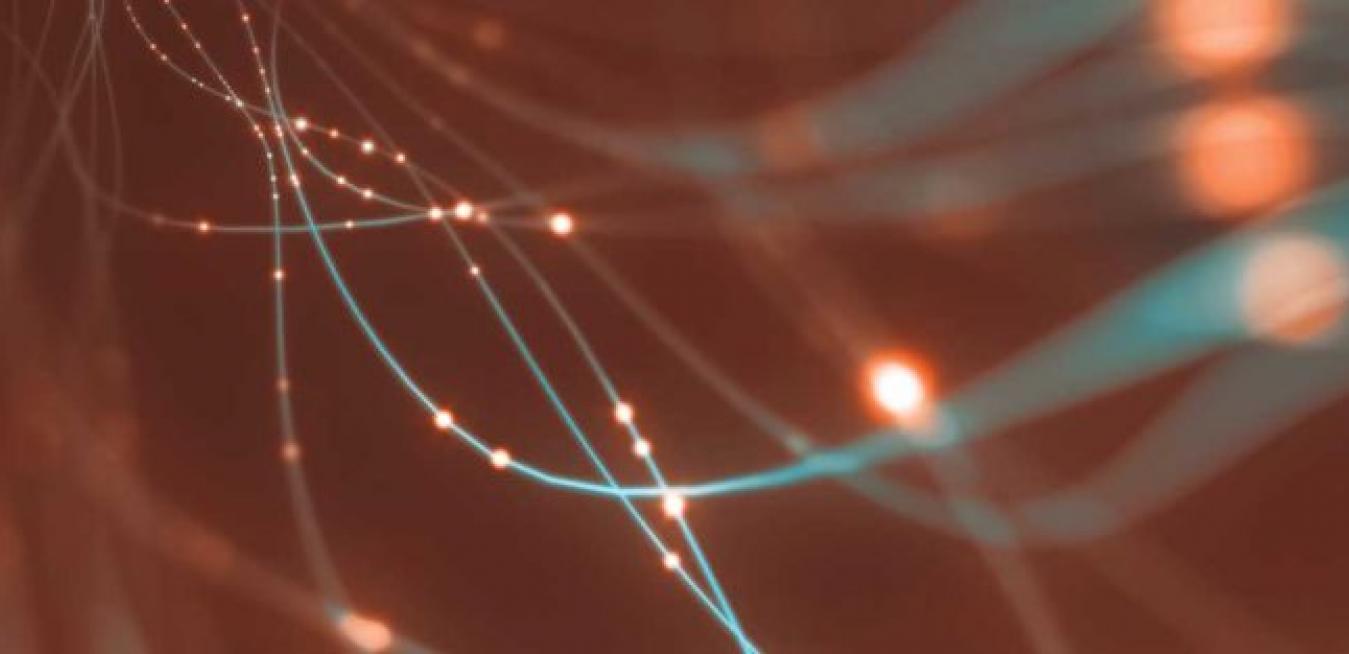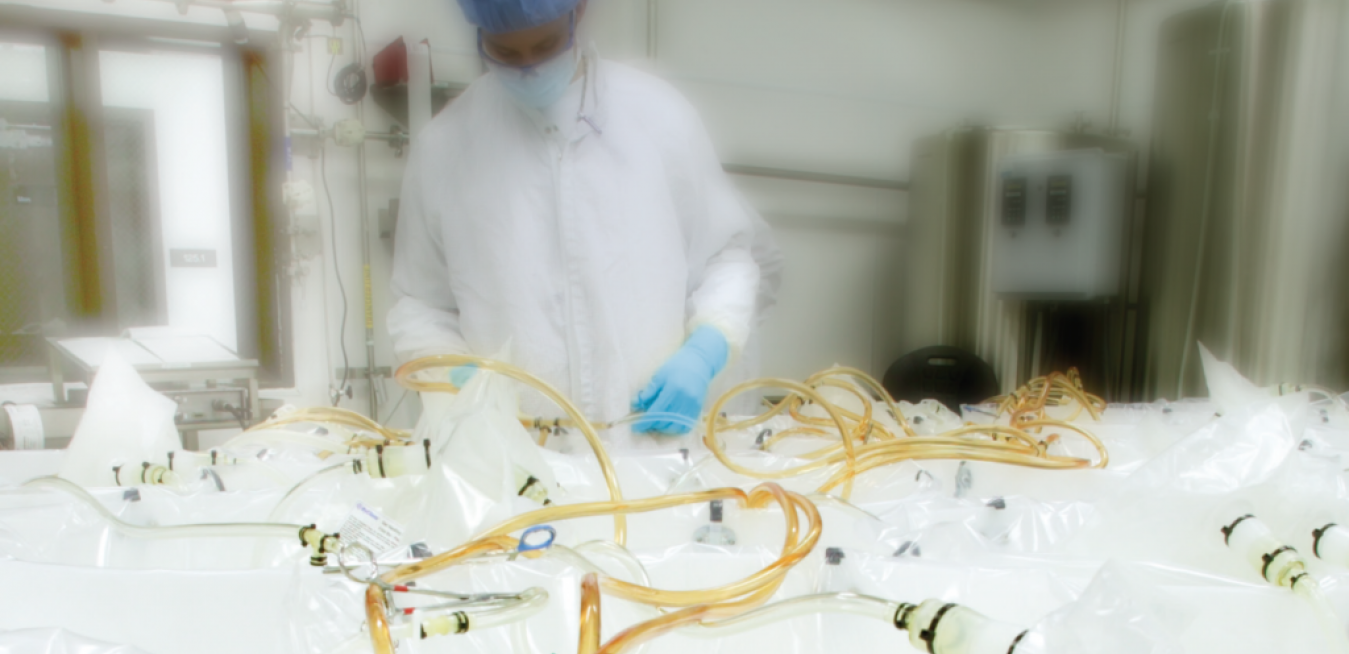News and insights from Australia and New Zealand
Who are you?
Akshay Sarvaiya - Account Manager, Water and Process Technologies, GE Power and Water.Where are you?
Kalgoorlie, Western Australia.
What do you do?
I look after some of our biggest customers in Australia including BHP Billiton, Barrick Gold, Norton Goldfields, and Water Corporation.
What’s the weirdest place science or engineering has taken you?
It’s a low-carbon future where electricity supply isn’t constrained by the price and availability of coal – it’s enhanced by innovative solutions that will change the way we think about energy.
To coincide with National Science Week, here’s our list of the top five scientific advances that will change the world.
1. Super sensors way down under
GEreports: There must be days when it feels like you’ve got the best science job in Australia.
Who are you?
Ian Minney – Project Engineering Leader, GE Power and Water, Australia, New Zealand and South-East AsiaWhere are you?
Mostly in Singapore, but currently on site near Roma in Queensland.
What do you do?
I am involved in the design and building of water-treatment plants.
What’s the weirdest place science or engineering has taken you?
Who are you?
Frank Vergan – Site Manager, GE Power and Water, Australia and New ZealandWhere are you?
Miles, Queensland, about four hours’ drive north-west of Brisbane.
What do you do?
I manage a team of subject-matter specialists from all over the world who are here in Miles to build a 100-megalitre water-filtration system that will clean water brought up from aquifers so that it can be used for agriculture. I call them my A-team, they’re just so talented.
Tiny Ethan and his brother Noah were born at 31 weeks, each weighing a little over 1.4 kilos.
Born with serious health complications, the Giraffe Omnibed was Ethan’s home for the first weeks of his life. The Giraffe kept Ethan safe and secure in a warm environment during his time in the Grace Centre for Newborns at the Children’s Hospital Westmead.
Set on 65 acres of picturesque plains surrounding the small city of Tauranga on New Zealand’s North Island, the HyClone farm produces animal serums and synthetic media for the cultivation of biopharmaceuticals.
The club operates from 10am every morning until 5am the following day. It closes only long enough for staff to make sure it’s clean and stocked, ready for the next round of visitors.
While there are plenty of savings to be found in the system immediately, GE Healthcare Solutions Australia and New Zealand general manager David Dembo says they don’t address the fundamental problems affecting our healthcare system.
